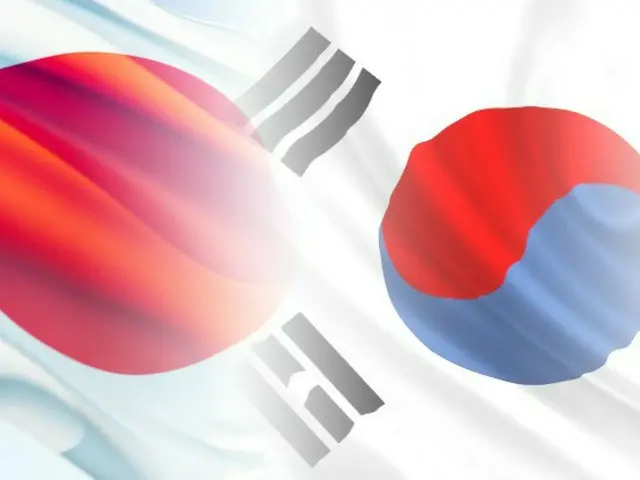When the ambassador met with Japanese officials, he was asked to use the term "forced labor." Ambassador Park expressed caution, saying, "We must consider the diplomatic impact."
However, when asked again by another lawmaker, he said, "I will do so in the future." The South Korean side has mainly described the mobilization of workers from the Korean Peninsula to mainland Japan during the last war as "forced labor."
However, in April 2021, the Japanese government issued a Cabinet decision stating that such labor mobilization does not constitute forced labor.
Although it was registered as a cultural heritage, the Korean side claimed that Koreans had been forced to work in the gold mine during the war, and initially opposed the registration. Even now, Korean opposition parties such as the Democratic Party of Korea are still arguing that the "Sado Island Gold Mine"
Ambassador Park took over as ambassador from former ambassador Yoon Dong-min in August.
The South Korean government decided to appoint Park to the post in June, and the Chosun Ilbo newspaper, which reported the decision at the time, said, "The resolution of pending issues between South Korea and Japan will also be a new step."
"There are high expectations for him as the ambassador to Japan," the report said. When Ambassador Park came to Japan to assume his new post, he expressed his enthusiasm, saying, "I would like to rush to wherever I can if it contributes to the relationship of trust and cooperation between the two countries."
True to his word, he visited Niigata Prefecture last month and exchanged views with Governor Hideyo Hanakaze and others about the Sado Island Gold Mine, which has been registered as a World Heritage Site.
During the war, Korean former member workers were mobilized to Sado Gold Mine to make up for the labor shortage. The Korean side has long argued that this was forced labor.
The United Nations has long opposed the inscription, arguing that if Japan were to seek inscription, it should reflect the history of forced labor of Korean Peninsula former member workers.
Korea is a member of the UNESCO World Heritage Committee, which decides on new World Heritage sites, and the basic principle of unanimity is to decide on World Heritage sites.
Given the principle, attention was focused on South Korea's final decision. The Japanese and South Korean governments agreed to reflect the "whole history" of the Korean Peninsula, including the history of former member workers, in the on-site exhibition.
The World Heritage Committee unanimously decided to register the "Sado Island Gold Mine," including South Korea. The South Korean government ultimately approved the registration, but the South Korean opposition party continued to voice its opposition to the fact that the site did not reflect historical facts.
They have continued to point out that the situation is insufficient, and in August, five members of the Democratic Party of Korea visited Sado. The group viewed exhibits that described the harsh working conditions of Korean former members who worked at the Sado mines.
However, the Japanese government takes the position that "wartime conscription does not constitute forced labor under international law," and for this reason, the exhibit does not mention the word "forced"
On the 7th of this month, Mr. Park held a press conference at the Japan National Press Club and expressed his enthusiasm for building a Japan-Korea cooperation system that would ensure that relations would not go back to the way they were.
He expressed his willingness to issue a new joint statement to replace the "Korea Joint Declaration." The focus of the new statement will likely be on how to address the issue of historical recognition between the two countries.
"There is no need to stick to the wording of the bill," he said. On the 18th, the Korean Embassy in Japan held a national audit by the Korean National Assembly's Foreign Affairs and Unification Committee, where Park answered questions from the committee members.
Lee Jae-jeong, a lawmaker from the Democratic Party of Japan, pointed out to Park, "During interviews with Japanese media and meetings with Japanese officials, you have never directly used the term 'forced labor.'"
"Is it not possible to use it?" In response, Park cited diplomatic influence as the reason, and replied, "I cannot state that we will use it." After that, when another lawmaker made another request, he replied, "
We will do so (from now on)," he said, adding, "We want to make our position on forced labor clear. It is an indisputable fact that Korean workers were mobilized, and there is no change to the government's policy."
As mentioned above, views on whether or not it constitutes forced labor differ between Japan and South Korea, and Park, in his position as ambassador to Japan, is likely to be forced to make difficult decisions regarding how to express this in future.
2024/10/23 13:17 KST
Copyrights(C)wowkorea.jp 2

